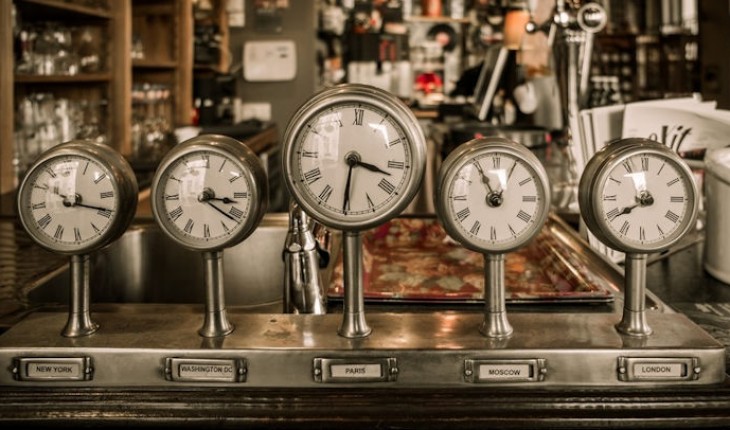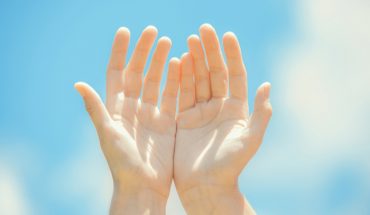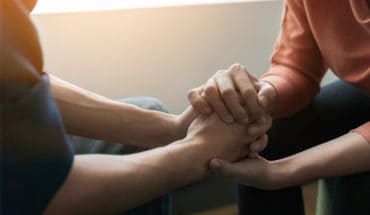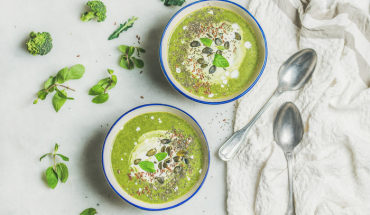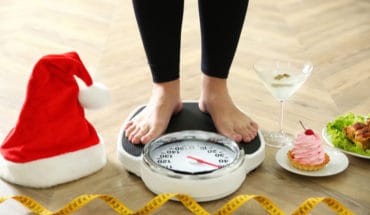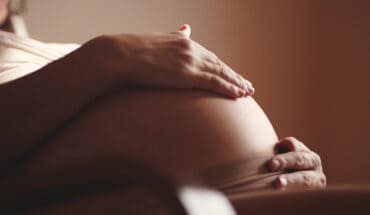You might think that a tipple after a long shift is going to help you unwind and de-stress, but don’t think that alcohol is sleep tonic. According to a Sleep Council study, as many as 7.9 million people have used alcohol to help them get to sleep at night.
Although alcohol helps you get to sleep very quickly, you won’t have a good restful night. ‘Alcohol is metabolised very quickly in the body so its sedative effect wears off and you have unpleasant withdrawal effects – a hangover kicking in – usually around 2am in the morning,’ says Professor Kevin Morgan of the Sleep Research Centre at Loughborough University. ‘You may find yourself wide awake and feeling terrible just when everyone else is fast asleep.’
Studies also show that alcohol consumption increases the amount of deep sleep, but reduces the amount of all-important Rapid Eye Movement sleep which is the period when data from the day is processed and stored safely away. This is when we dream and happens after we have reached the deepest levels of sleep about 100 minutes after we have nodded off. REM sleep lasts about 25 minutes before we go back to shallow sleep and then cycle through the whole process again. Each cycle takes a little over two hours. Lack of REM sleep can have a detrimental effect on concentration, motor skills, and memory. Dr Chris Idzikowski says: ‘REM sleep is also important because it can influence memory and serve restorative functions. Conversely, lack of REM sleep can have a detrimental effect on concentration, motor skills, and memory. REM sleep typically accounts for 20 to 25 percent of the sleep period.’
- New lipid-based pathway discovered as key to memory formation - 25th June 2025
- Crucial link could explain how Alzheimer’s takes hold - 25th June 2025
- Understanding Your Mind Can Improve Daily Life - 25th June 2025

